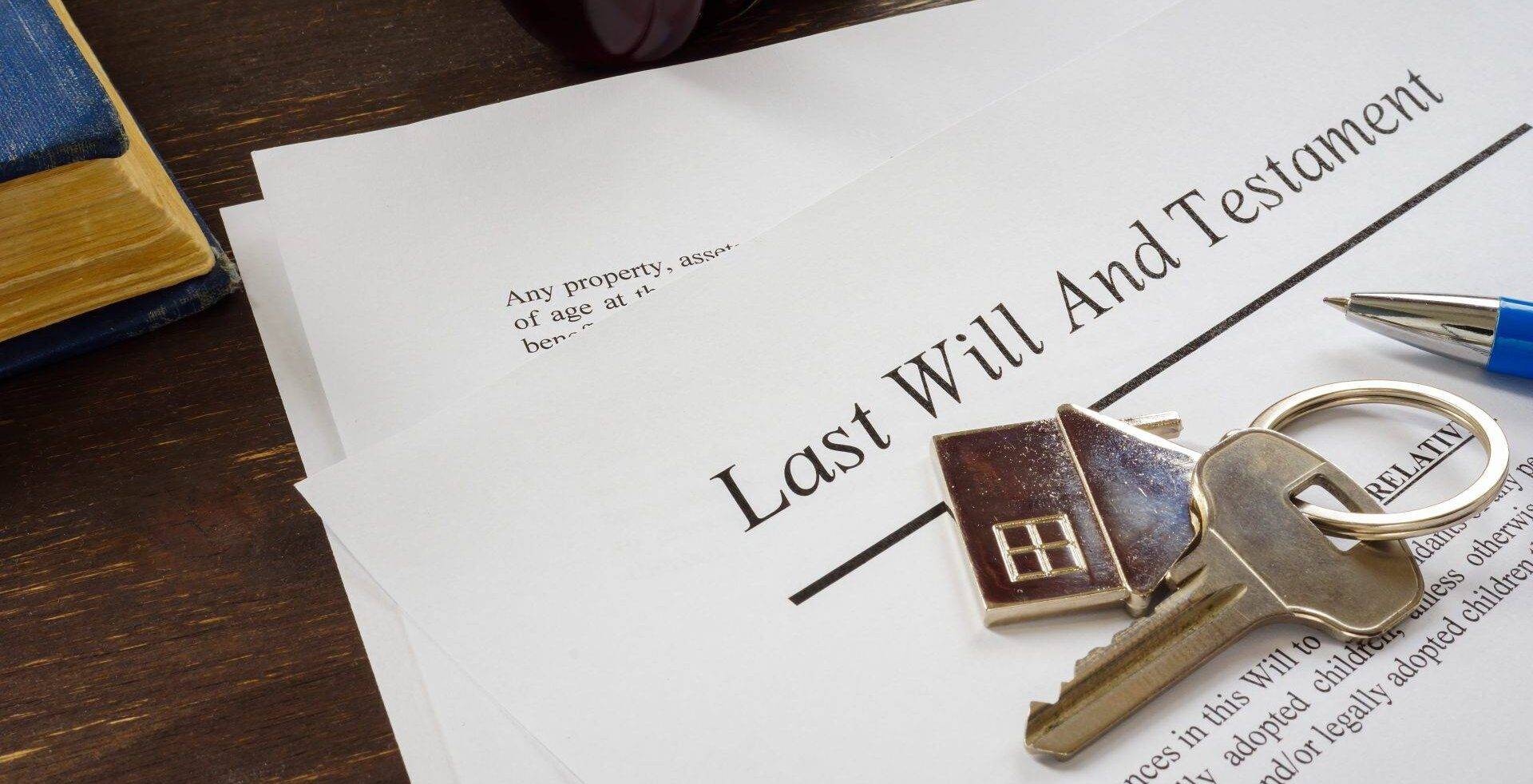Sometimes when an individual has died, their family members and friends may then find out that they have been left out of the Deceased’s Will, that they are inheriting less than they had expected to or what the Deceased had told them they would receive.
Questions can certainly be raised in certain circumstances. For instance, if the Deceased made their Will whilst they were suffering from an illness, which could have affected their capacity. Having the capacity to make a Will is known as testamentary capacity. Capacity is a decision-specific question and if someone does not have testamentary capacity, it does not mean that they do not have the capacity to make other decisions, such as the capacity to marry.
The test to ascertain whether a person has the capacity to make a Will
The very specific test that is used to determine whether a person has testamentary capacity was laid down in case law back in 1870 in Banks v Goodfellow, which is still considered to be the appropriate method to determine testamentary capacity today. There are four elements to the test, as follows:
The person making the Will must:
- Understand the nature of the act of making a Will and its effects;
- Understand the extent of their estate of which they are disposing of by Will;
- Understand and appreciate any claims against their estate, and
- Not be suffering from any ‘disorder of the mind’ such as to impair or influence the above factors.
When taking instructions to make a Will, a solicitor is not medically qualified to make the decision about whether a person has testamentary capacity. In most cases, the solicitor need not question a person’s capacity unless a person clearly demonstrates they do not have it. But in cases where there is a possibility of incapacity, such as with elderly clients, clients suffering from illnesses or individuals making a Will from a hospital, the solicitor should obtain a medical opinion on their capacity before proceeding to take instructions to draft that person’s Will.
This is known as the ‘Golden Rule’, established in the case of Kenward v Adams [1975] which provided:
“…in the case of an aged testator or a testator who has suffered a serious illness, there is one golden rule which should always be observed…the making of a will by such a testator ought to be witnessed or approved by a medical practitioner who satisfies himself of the capacity and understanding of the testator…”
Therefore, solicitors must ensure that where there is any doubt as to the person’s capacity to make a Will, they must obtain a medical opinion. Where this does not happen and it transpires the person did not have the capacity, not only does it leave the Will itself vulnerable to a successful challenge by disappointed beneficiaries, but the solicitors could be at risk of a claim against them for professional negligence. Our recent blog discusses claims against solicitors for professional negligence.
Undue influence
Separately from the issue of testamentary capacity, elderly and vulnerable testators can be susceptible to undue influence, which means that another person may have coerced them into making a new Will or manipulated them into changing an existing one. Solicitors are expected to take measures to guard against this, such as seeing testators alone and ensuring they ask searching questions about the testator’s reasons.
Lack of testamentary capacity and undue influence are two of the main foundations of Will challenge claims. Potential claimants should act fast where they consider this is a possibility to avoid the Deceased’s estate being distributed as per the terms of the invalid Will.
How Nelsons can help
If you have any questions concerning the topics discussed in this article, please contact a member of our Dispute Resolution team in Derby, Leicester, or Nottingham on 0800 024 1976 or via our online enquiry form.
Contact usIf this article relates to a specific case/cases, please note that the facts of this case/cases are correct at the time of writing.


